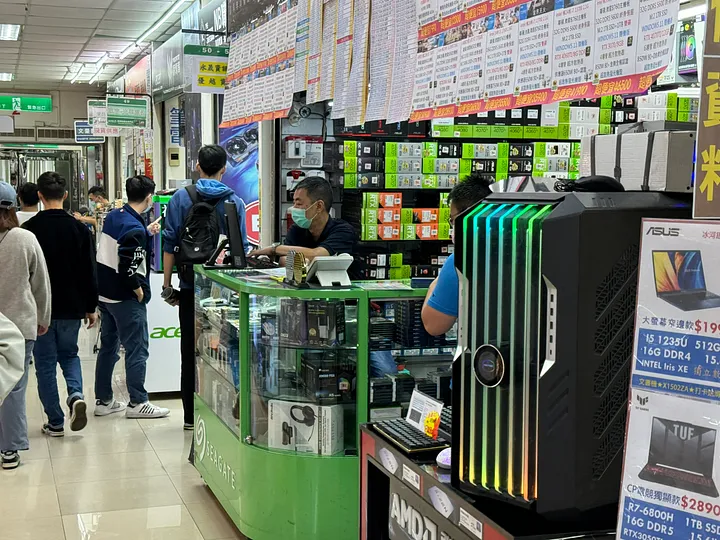One of the key tenets of wuwei, or effortless action, is to go with the flow of nature and not attempt to force things. Daodejing Chapter 29, for example, cautions:
Seeking to take over all-under-heaven and control it cannot succeed.
All-under-heaven is a spirit vessel.
It cannot be controlled or held on to.
Any attempt to control it spoils it.
An attempt to hold on to it loses it.
Judged from this perspective, Sam Altman’s demand for US$7 trillion of investment in new advanced semiconductor manufacturing facilities for AI chips is doomed to failure before it has even started. Even assuming that he manages to persuade investors to stump up the cash, there is no guarantee that he would be able to source enough equipment and expertise to actually build the plants, much less design and produce expensive power-hungry chips for a market that is still in its infancy.
Even though AI is developing at a rapid pace, it is important to remember that the technology is still very much in the bright and shiny object phase. While many individuals and companies are busy testing it out and vendors are pumping out plenty of potential use cases, it will take quite a while to deploy AI models and applications at scale because of the large investments and operational changes that will be required to take full advantage of the technology.
With his attempts to push AI growth at a much faster rate than customers can absorb, Altman risks creating a backlash against the technology when it fails to live up to the massive expectations that he and others are generating with their hype.
Rather than pushing too hard, Altman should show some humility and let the market work its magic. The more he attempts to tighten his control of the pace of AI adoption, the more he risks losing hold of it altogether. As Daodejing Chapter 29 concludes:
The sage avoids excess, extravagance, extremes.
Long time technology industry fan here in Taiwan.



